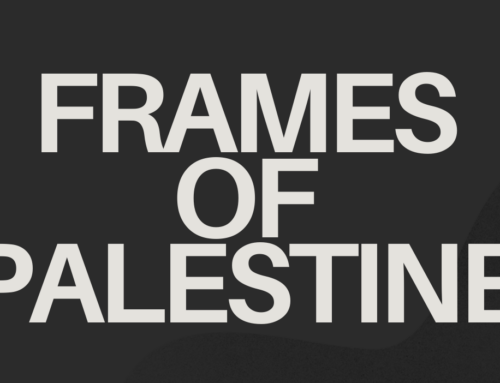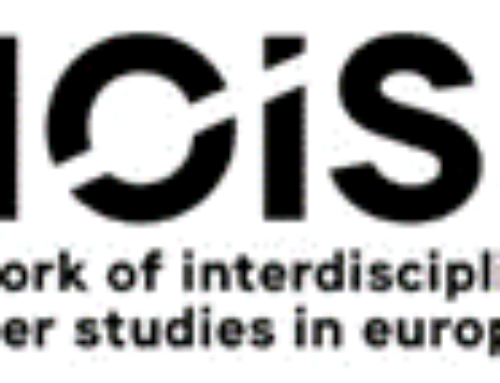 On October 12, 2018, Gisela Carrasco Miró defends her dissertation ‘Epistemologies at a Crossroads. Decolonising Knowledges on Politics of Development, Economics, and Feminism’.
On October 12, 2018, Gisela Carrasco Miró defends her dissertation ‘Epistemologies at a Crossroads. Decolonising Knowledges on Politics of Development, Economics, and Feminism’.
Postcolonial theory offers profound critiques of cultural hegemony and domination. Yet, postcolonial approaches have been criticized for marginalizing economic dimensions in their analysis, as witnessed from their relative lack of engagement with issues such as poverty, wealth creation and land. In turn, postcoloniality or engagement with the ideas and challenges posed by postcolonial critiques is virtually absent in existing economic literature.
alternative approaches
Possible alternatives to the gap between postcolonial theory and economics are, in epistemological terms, the missing links, the incomplete records, voids and ruptures in economic thinking and practice. This dissertation, composed of an extensive introduction followed by five peer-reviewed articles and an afterword, takes as its point of departure the idea that these opportunities have not been sufficiently explored and it aims to contribute to the nascent approach of postcolonial feminist economics in doing so. Drawing on a transdisciplinary approach, I situate this dissertation within the ongoing decolonising project as a political, anti-colonial, and affirmative practice, aligned with projects and theoretical approaches that challenge and contest hegemonic modernist ways of knowing, being, and seeing the world.
notion of development
This research, thereby, responds to the call made by postcolonial feminist economists to foreground the relevance of non-modernist understandings of the economy, feminism and non-Western moral orders from non-Western knowledges. The exploration of such possibilities takes two paths in this dissertation. Firstly, I submit the notion of development, which I read as a companion to colonialism, to an exacting critique, which allows me to highlight the cultural rootedness of development and its contemporary colonial forms as well as draw attention to existing alternatives to capitalism and counter-discourses from the Global South. I show how the dominant development epistemology has resulted in the loss of a vast set of social and economic knowledges. Building upon this argument, I explore non-Western economic, ethical and social dimensions of the epistemological claims and possibilities for thinking differently from capitalism in a non-ethnocentric, non-relativist way.
feminism and the decolonising project
Secondly, I investigate how the decolonising project and feminism inform, enhance, contradict and mutually influence one another in light of twenty-first-century entanglements of the increasing influence of global capital, transnational corporations, looming environmental crises and xenophobia. Decolonising feminism has been, and continues to be, a central challenge in feminist theory and politics. To complement ongoing feminist debates about decolonising solidarity in the age of global neoliberalism, I argue that solidarity may be directed towards decolonization as a strategy. This means constructing the conditions for a different kind of encounter that both opposes ongoing colonisation, and seeks to heal the social, cultural, and spiritual ravages of colonial history. I propose, thereby, it is from the sustainability of life that solidarities in relationship with decolonization may be organised.
conclusions
This dissertation concludes that it is possible to conceive and implement alternatives to prevailing unjust global systems from many different value systems and worldviews. It shows that through decolonising projects and other emancipatory initiatives around the world new economic models, social organisations, and solidarities are emerging, and with them, a new promise for both social and economic emancipation. Decolonising knowledges on politics of development, economcis and feminism are more needed than ever in our current times and calls for a more profound rethinking of the place of culture and of currently devalued economies in both economic and feminist development theory.
Date: Friday October 12, 2018
Time: 10:30 (late entrance not possible)
Location: Senaatszaal, University Hall, Domplein 29, Utrecht
Title: ‘Epistemologies at a Crossroads. Decolonising Knowledges on Politics of Development, Economics, and Feminism’
Supervisors: Prof. Rosemarie Buikema, Dr. Christine Quinan






